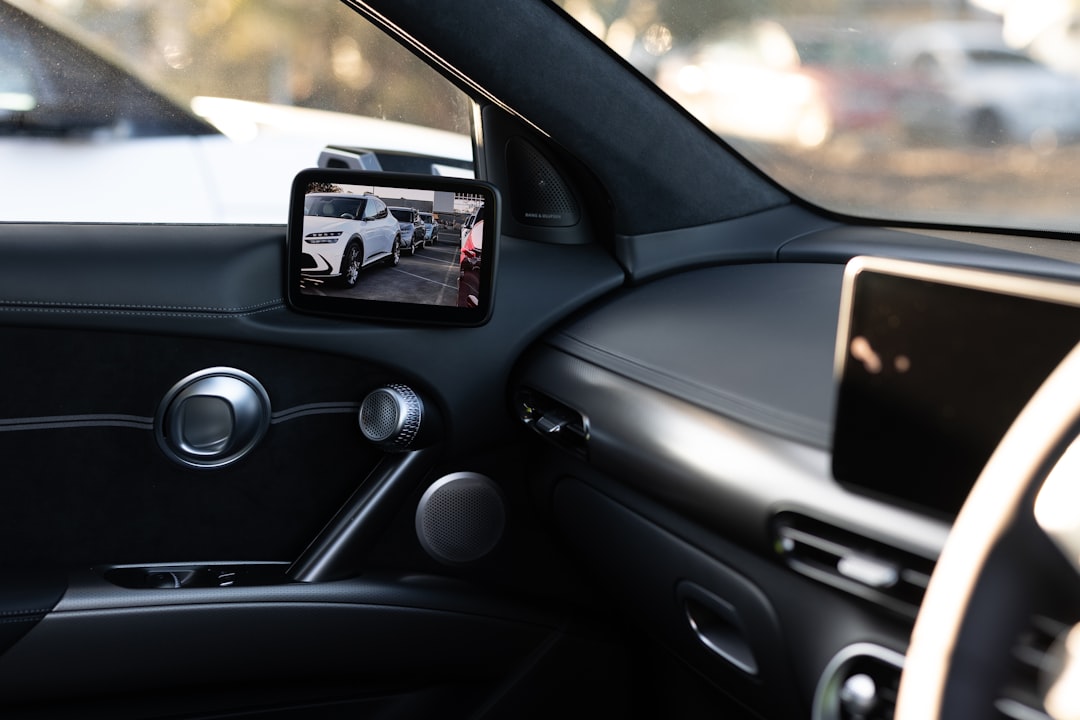In 2023, cities across the globe are bustling with an unprecedented shift towards sustainable urban mobility, and at the forefront of this transformation is BYD’s fleet of electric buses. Recently, BYD announced that its electric buses had surpassed a staggering 20 billion miles driven worldwide, a testament to their reliability and efficiency. As urban centers grapple with pollution and congestion, BYD’s electric buses offer a cleaner, quieter, and more cost-effective solution, spearheading a revolution in public transportation. In this article, we’ll explore how BYD’s innovations are reshaping cityscapes, delving into their cutting-edge technology, environmental benefits, and global impact.
The Rise of Electric Buses in Urban Mobility
A New Era of Public Transportation
Public transportation is experiencing a renaissance, with cities investing heavily in electric buses to reduce their carbon footprint. According to Bloomberg Green, electric buses accounted for 43% of new public transportation buses purchased worldwide in 2023. BYD, a leading player in this sector, has been instrumental in this shift. Their electric buses are not only reducing emissions but also cutting noise pollution, making urban environments more livable.
BYD’s Technological Edge
BYD’s electric buses are powered by the latest advancements in battery technology. Utilizing their proprietary Blade Battery, these buses offer:
- Longer Range: Capable of covering up to 250 miles on a single charge.
- Fast Charging: Reducing downtime with rapid charging capabilities.
- Safety: Enhanced safety features, including robust thermal management systems.
These innovations make BYD buses highly efficient and reliable, reducing operational costs for transit operators.
Environmental Impact and Sustainability
Reducing Emissions and Pollution
The environmental benefits of electric buses are undeniable. According to the International Energy Agency (IEA), transportation accounts for nearly a quarter of global CO2 emissions. By replacing diesel buses with electric alternatives, cities can significantly reduce their carbon footprint. BYD’s electric buses have already displaced over 1.5 million tons of CO2 emissions globally, equivalent to planting over 24 million trees.
Supporting Global Sustainability Goals
In alignment with international sustainability goals, BYD is committed to promoting clean energy transportation. Their electric buses support cities in achieving targets set by the Paris Agreement, contributing to a greener future. With a presence in over 300 cities across more than 50 countries, BYD is making a substantial impact on global sustainability efforts.
Practical Benefits for Cities and Commuters
Cost-Effectiveness and Efficiency
For city governments and transit agencies, the shift to electric buses is not just environmentally beneficial but also economically advantageous. Key benefits include:
- Lower Operating Costs: Reduced fuel and maintenance expenses.
- Government Incentives: Access to subsidies and grants for clean energy initiatives.
- Enhanced Service: Improved reliability and comfort for passengers.
Charging Infrastructure and Deployment
Implementing an electric bus fleet requires robust charging infrastructure. BYD provides comprehensive solutions, including:
- Depot Charging Stations: Efficient for overnight charging cycles.
- Opportunity Charging: On-route charging to extend range during peak hours.
Cities like Los Angeles and London have successfully integrated BYD’s charging solutions, setting benchmarks for others to follow.
Future Trends and Opportunities
Expanding Electric Bus Fleets
The future of urban mobility is electric, and BYD is poised to lead the charge. With plans to double their production capacity by 2025, BYD is set to meet growing global demand. As more cities recognize the benefits of electric buses, the adoption rate is expected to soar.
Innovations on the Horizon
BYD continues to innovate, exploring new technologies such as autonomous driving capabilities and smart city integrations. These advancements promise to further revolutionize urban mobility, offering safer, more efficient public transportation solutions.
Conclusion
BYD’s electric buses are not just vehicles; they are catalysts for change in urban mobility. By offering a sustainable, efficient, and economically viable alternative to traditional buses, BYD is helping cities across the globe reduce emissions, improve air quality, and enhance the quality of urban life. As we look towards a future where clean energy dominates transportation, BYD’s pioneering efforts serve as a model for innovation and sustainability. Are you ready to experience the future of public transportation? Join the movement and support the transition to electric mobility in your city. Together, we can pave the way for a cleaner, greener urban landscape.

